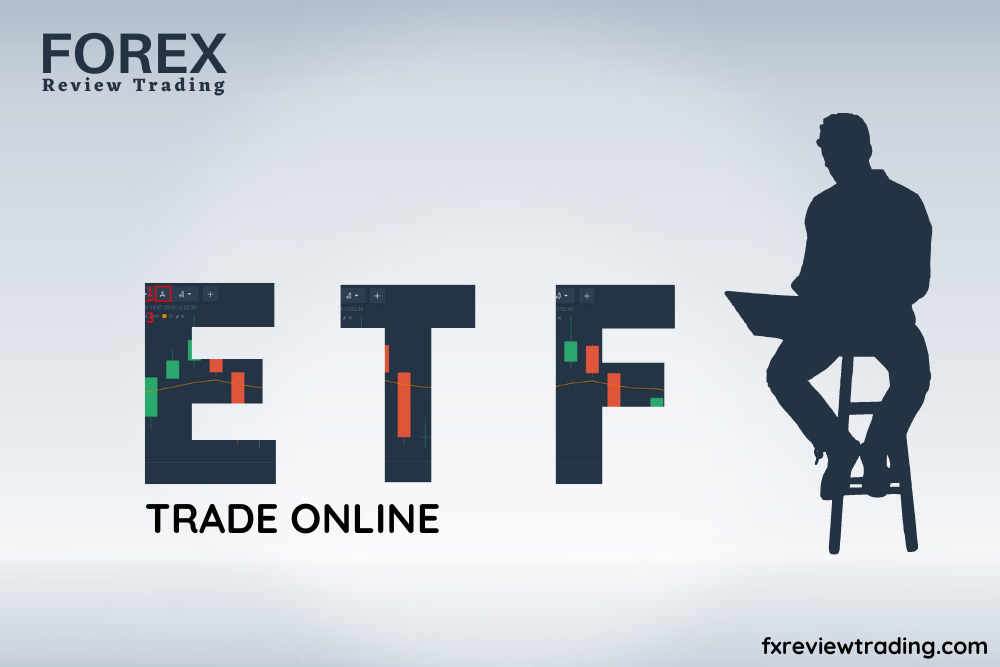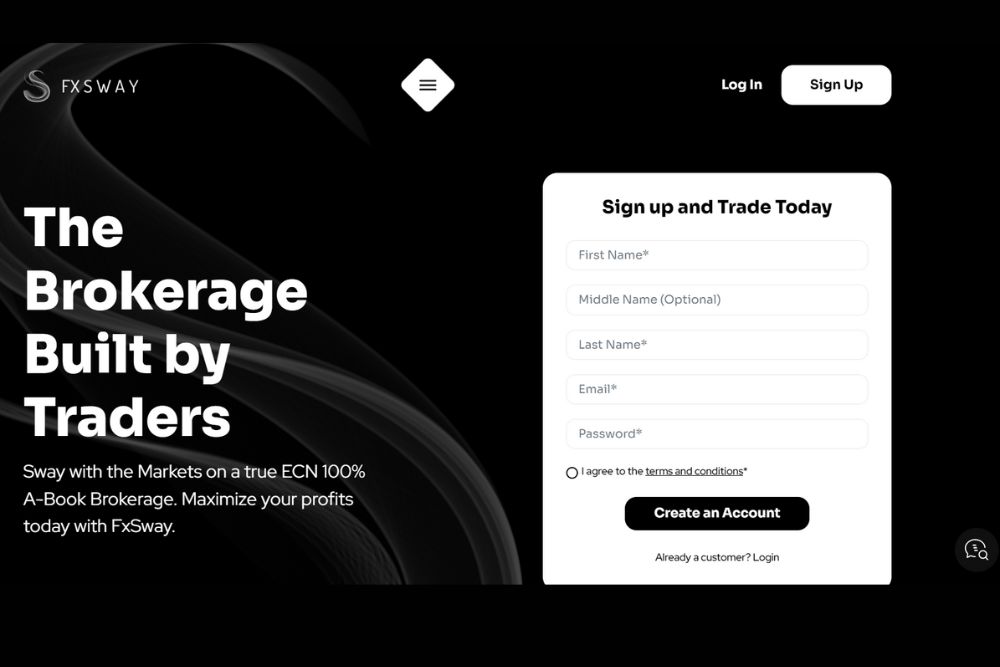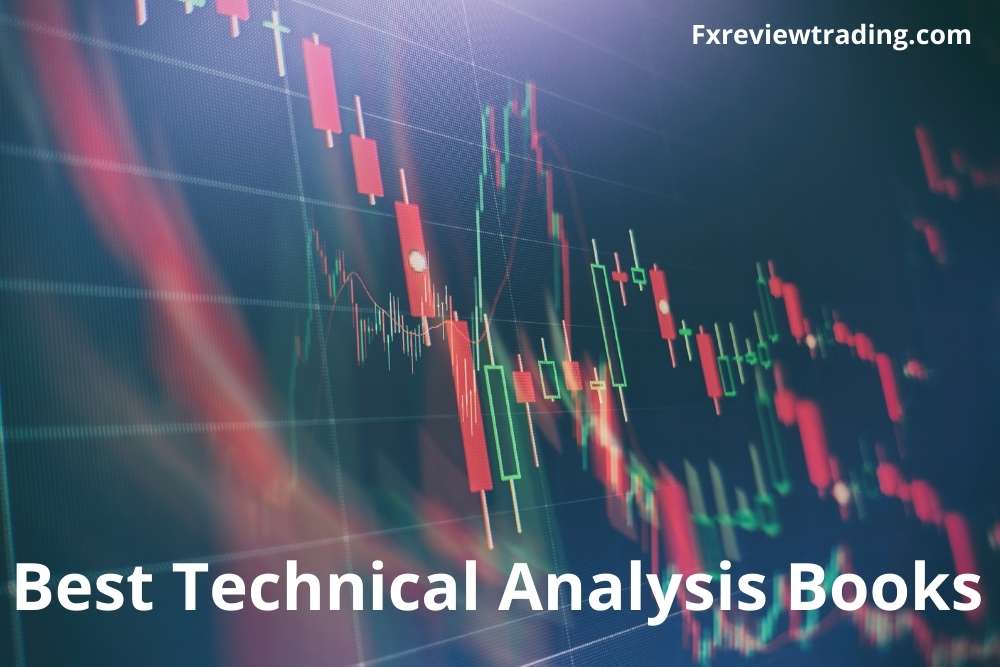How to Trade ETF Online
ETF stands for Exchange Trading Funds which are fundamentally index funds that can be traded and listed like stocks on a stock exchange market. Before the concept of ETF, this was not possible. Since the introduction of ETF, a new prospect of retail and institutional money management have opened their doors. The ETF helps investors to gain a broad exposure of the stock market as a whole and that too, in different countries.
Also, the overview of particular sectors of the market can be seen in a relatively eased-up manner on a real-time basis with the advantage of a lower cost as compared. ETFs can be considered as a basket or a group of different stocks that somewhat look like an index, BSE Sensex, or CNX nifty. The underlying asset represented by an ETF is responsible for its trading value. are often compared to Mutual Funds but one major difference is that ETFs can be bought and sold throughout the day but Mutual Funds can only be traded when the market closes.
Why should you be working around trading ETF online more often?
- Exchange-Traded Funds are considered a good investment option for new and small investors.
- The payments made out in the form of dividends which are received from underlying stocks are made on a quarterly basis. Thus, an ETF can hold cash for different time frames which flow throughout the quarter.
- When compared with Mutual Funds, an ETF will offer better tax benefits. The reason is and can be considered as managed stocks.
- ETFs are designed to copy the enactment of the product, and thus, the investors always know exactly what they are buying.
- The annual fees asked for an ETF will always be less than that of a mutual fund. This helps in an increment of the investing cost used in an ETF.
Trade ETF online: advantages
- The key difference between an EFT and a traditional stock is that an EFT can be traded throughout the day. This provides an opportunity for investors who are speculating, betting on the course of movements of the market that are relatively shorter in the term.
- If an investor is more interested in saving money, can come as a savior. ETF will give all the benefits that are offered by an index stock but will cost a lot less when compared.
- A diversified portfolio can be readily created via an ETF.
- As mentioned already, Exchange Traded Funds are a personal favorite for an aware tax investor. When the investor is trading in large volumes, the unique structure of an ETF will allow him to receive a better and in-hand tax redemption.
Type of Exchange Traded Funds:
An investor while in trade ETF online might get a feeling that the trading is being done via stocks. But, when observed closely, an ETF will look like Mutual Funds or Index Funds which can both vary enormously when it comes to the underlying assets and the investment goals.
Given below, are some types of It is to be noted that the mentioned categories are not mutually exclusive. For example, a stock may or may not be based on the index. Exchange-Traded Funds cannot be characterized by the type of management. Instead, they are characterized by the type of investment that is held within the Exchange Traded Fund.
1. Stock Exchange Traded Funds:
These are majorly those stocks that are meant for growth over a long period of time. They are considerably less risky than individual stocks, but they also carry a little bit more risk when compared to some of the other categories that are listed. Such as bond ETFs.
2. Commodity Exchange Traded Funds:
Commodities are the goods that can be bought and sold, such as crude oil, gold, coffee etc. The ETF will let a trader invest all of these as a single investment by putting them into a single bundle. Some key points should be considered trading commodities such as what is the composition of the ETF, what are they made of.
An investor should also be aware of his grounds when it comes to ownership in the ETF. Is the investor the sole owner of the ETF or is he having equity in the companies that produce and transport these items? Is there any Future contract involved? These factors can unravel serious tax implications and risks that vary at different levels.
3. Bond Exchange Traded Funds:
There is a difference between individual bonds and ETF bonds which is, bonds do not have a maturity date. This feature helps the investor to generate regular cash payments. The source of these payments is the interest generated by the individual bonds within the fund itself. Bond ETFs can be an outstanding, lower-risk counterpart to stock ETFs.
4. International Exchange Traded Funds:
Foreign stocks are extensively suggested for creating a miscellaneous assortment, along with U.S. stocks and bonds. International ETFs are easy and considerably less risky of a way to find these foreign investments. These ETFs may comprise stashes in separate countries or precise country blocks.
5. Sector Exchange Traded Funds
The U.S. stock market is alienated into a total of 11 subdivisions, and each is made up of corporations that function within that segment. Segment ETFs deliver a way to capitalize in explicit syndicates within those subdivisions, such as industrial sectors, financial sectors, and health care.
These can be particularly advantageous to stockholders following corporate progressions, as some divisions are inclined to accomplish better during development phases, others are enhanced during retrenchment epochs. Frequently, these classically transmit higher risk than broad-market ETFs.
How to Trade ETF Online:
Dollar-Cost Averaging (DCA)
This is the most basic strategy—dollar-cost averaging (DCA). Dollar-cost averaging is the method of purchasing a definite fixed-dollar volume of an asset on a consistent timetable, irrespective of the altering cost of the asset. Novice stockholders are classically young people and have a steady salary from which they are able to save a little each month.
Such people are always keen on saving what they earn. Instead of saving, these people should trade ETF online or maybe a group of ETFs.
Advantages:
There are two chief benefits of such intermittent investing for novices. The first is that it instructs a certain chastisement to the fund’s process. As many financial architects endorse, it is an outstanding logic to pay yourself first, which is what an investor can accomplish by saving regularly.
The second benefit is that by investing the identical fixed-dollar amount in a trade ETF online every month, a trader will store more components when the ETF price is low and scarcer components when the ETF price is extraordinary, thus averaging out the cost of his holdings. Over time, this approach can pay off generously, as long as the trader sticks to the chastisement.
Asset Allocation
Asset distribution, which means assigning a percentage of a collection to different asset groups, such as commodities, bonds, cash, and stocks for the purposes of broadening, is a dominant investing apparatus. The squat investment verge for most ETFs is usually as bantam as $50 per month which makes it easy for a novice to instrument a basic asset division approach, contingent on his or her investment time prospect and jeopardy acceptance.
Sector Rotation
Exchange-Traded Funds also make it comparatively easy for novices to execute sector variation, based on numerous phases of the financial cycle. For example, let us assume an investor has been investing in the biotechnology sector through a broker. With the stakes of the broker down by 2% over the previous eight years (as of November 2020), the investor may demand to take revenues in this ETF and rotate into a more self-justifying sector like consumer staples via another broker.
Short Selling
Short selling is when someone sells a borrowed security. This is considered a risky endeavor for a majority of investors and therefore not something a lot of investors should be practicing. However, short selling via Exchange Traded Funds is better since there is a lower risk of the short squeeze.
Short selling via ETFs also allows a trader to take benefit of an extensive venture subject. Therefore, an innovative novice who is acquainted with the hazards of shorting and wants to initiate a short position in the evolving markets could do so easily. Hence in short selling, you can trade ETF online.
Hedging
A beginner may infrequently need to hedge or protect against hazard in a considerable portfolio, perhaps one that has been acquired as the result of a tradition.
If the market deteriorates as predicted, then any blue-chip equity position will be dodged meritoriously since failures in a portfolio will be counterbalanced by improvements in the short ETF position. It is to be noted that any improvement would also be covered if the market speeds up because developments in a portfolio will be compensated by losses in the short ETF location. Nonetheless, ETFs offer novices a comparatively laidback and competent technique of hedging.
Want to trade ETF online? Here is a Primefin review that can help you.








